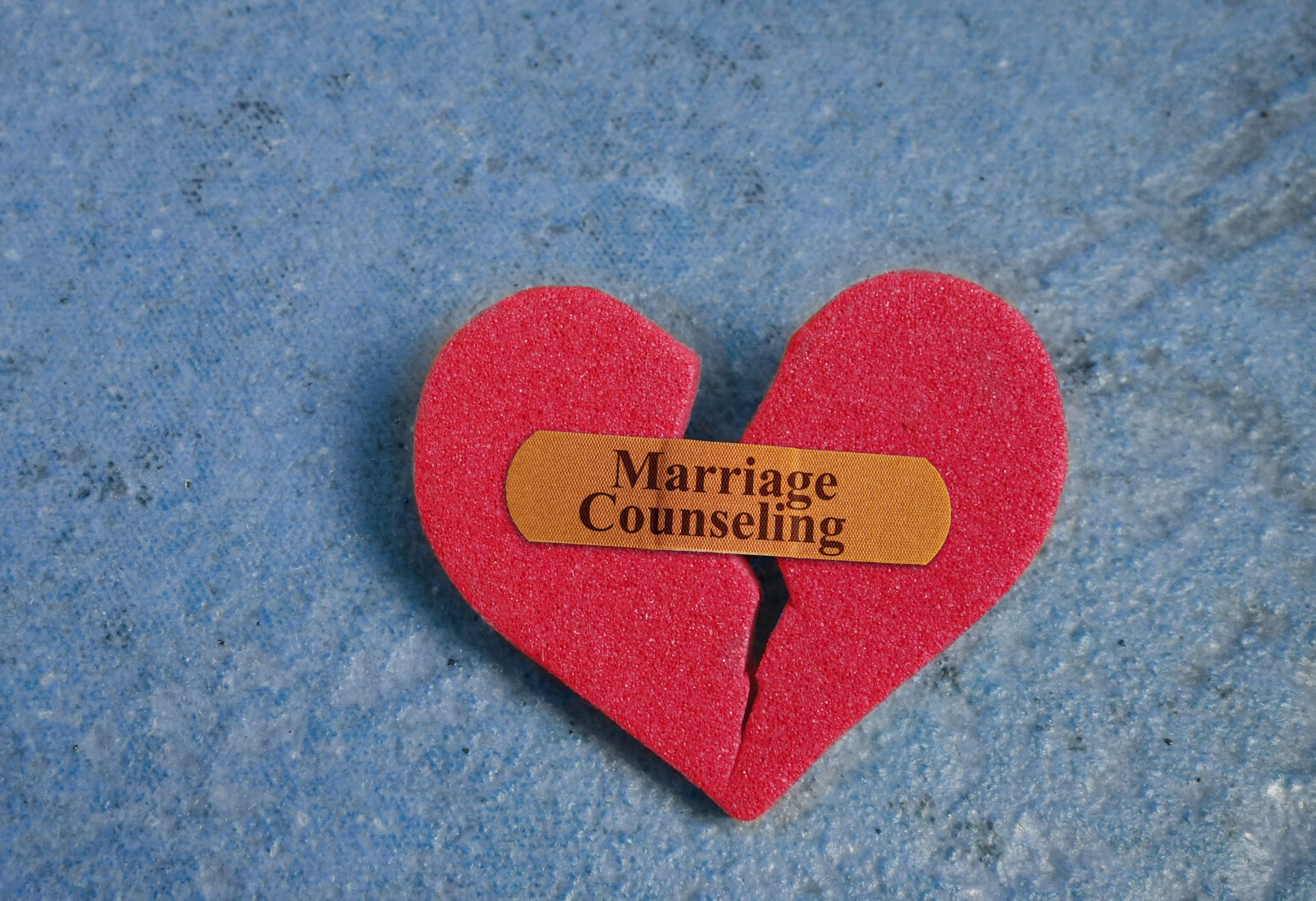- Unpacking Grief and Disability - July 8, 2024
- Breaking the Stigma: 5 Blogs to Better Understand Suicide - May 21, 2024
- 4 Tips for Better Sleep Hygiene - March 4, 2024
Seeking counseling can be a life changing experience–but it can also seem incredibly daunting. You might not know where to begin, what to expect or how the process will go. It’s important first to take time to do some research on how find a good counselor, someone who is the right fit for you before beginning the process. In order to do that, it’s helpful to:
- Learn the difference between different types of counselors–what is the main reason you’re interested in therapy? What type of counselor is best for this work? Have you considered the option of group therapy?
- Determine your own needs–do you need a therapist who lets you lead the session? Do you want homework after you leave every session? What type of counseling will help you most?
But once you’re on the track, getting ready to head to your first session, what should you expect?

Problem Solving:
In therapy, a lot of the work done is problem solving. While your therapist isn’t going to tell you how to run your life, they will listen and guide what you talk about to help you see the stumbling blocks in your life & how you can overcome them. There is no one size fits all answer in counseling, but with the right therapist, you will learn to get to the root of your problems and figure out how best to deal with them.
Counseling is a team effort:
Finding the right counseling is crucial, however therapy will only work if you want to be there. Your therapist can’t guide your conversation to a productive place if you refuse to play ball. The job of your therapist isn’t to provide you the answers, it’s to help you realize them on your own, so that when you’re not in therapy any more, you still have the tools to help yourself.
It’s going to feel different than talking to a friend:
While your friends are there to talk you through big life changes or exciting events, they see things through a biased perspective. It’s good to have them as a support system, but when it comes to mental health self care and personal growth, it’s important to have an unbiased person who can help you understand your decisions, and help give you tools to problem solve in your own life. They aren’t going to gossip with you while you talk and they aren’t going to place blame on you or someone else. Your counselor is simply going to help you walk yourself through what’s going on in your life.
Read: The Top 7 Benefits of Group Therapy
It might not feel normal or comfortable right away:
Most of us aren’t used to talk almost exclusively about ourselves for an hour straight, so when you’re first starting out therapy, it might feel unsettling or uncomfortable. Getting used to the types of problem solving and analytical conversations that occur in therapy sessions can be a lot of work, and it’s okay if you don’t feel like you’re doing it correctly right away. Your counselor will guide you through the process.

You’re going to have to talk about you–a lot:
Your therapist is not going to be able to help you grow if they don’t know why you’re in therapy in the first place. In your first session be prepared to ask why you’ve made the decision to seek help & what you’re hoping to get from it. Then you’ll dive right in. Your therapist is going to ask you a lot of questions as they get to know you, and it’s going to feel like you’re talking about yourself more than you ever have before. At the end of the session you might even walk away feeling like there’s nothing left to cover–that’s totally normal.
Counseling isn’t the final solution:
In counseling, you are there to learn tools to help you in your daily life. While it’s a big important step, and can often shift you back onto a more productive course, talking with a counselor once a week won’t automatically solve all of your problems. It is equally important to take what you’ve learned & processed in your therapy sessions and apply them to your day to day life.
Have you been wondering how to find a good counselor? Grief Recovery Center in Houston, TX can help. You can reach us at (832) 413-2410 or by filling out the form on our website. Take the time to speak with one of our licensed therapists today.






I agree that counseling is a team effort because it takes some initiative from the person itself in order to start the process of healing. A very close friend of my brother has been suffering from depression ever since her pet died from car accident. Maybe it would be best to convince her to undergo grief counseling one of these days.